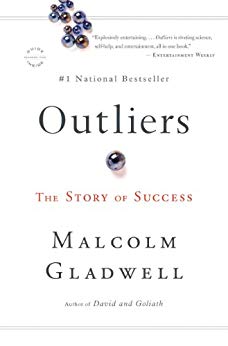

This article is an excerpt from the Shortform summary of "Outliers" by Malcolm Gladwell. Shortform has the world's best summaries of books you should be reading.
Like this article? Sign up for a free trial here .
The “Power Distance Index” measures how hierarchical a country is and how its citizens value authority. In high-power distance index countries, employees are often afraid to express disagreement with managers, power in organizations is not equally distributed, and people in power hold special privileges.
In low-power distance index countries, people downplay their power, trying to look less powerful than they really are. There are fewer overt symbols of power, and power in organizations is often more equally distributed.
A culture with a high power distance index is not inherently bad. But it is bad in situations in which you don’t feel comfortable disagreeing with your superior when lives are at stake. For instance, the airlines of high-power distance index (high PDI) cultures are more prone to crashes, particularly if they don’t take steps to address this weakness.
Mitigated Speech and Plane Crashes
Aviation errors are rarely the result of a lack of technical skill. More often, they are errors in communication: One pilot sees something and doesn’t speak up.
Communication errors are more common when pilots come from a culture with a high power distance index. This is due to “mitigated speech,” which avoids direct statements of what is intended. Because high PDI countries place a greater importance on respecting hierarchy, subordinates are more likely to speak indirectly to their superiors.
———End of Preview———

Like what you just read? Read the rest of the world's best summary of "Outliers" at Shortform . Learn the book's critical concepts in 20 minutes or less .
Here's what you'll find in our full Outliers summary :
- What makes some people outliers, and most others not
- Why some genius outliers end up failing in life
- Why Asians are good at math, and other curiosities of culture






